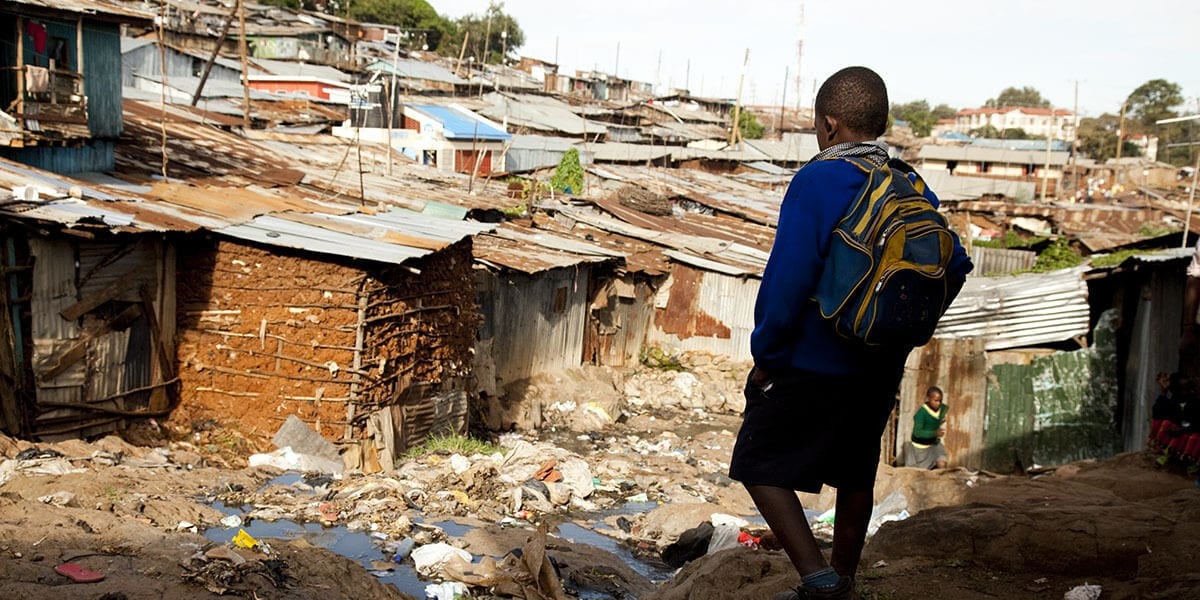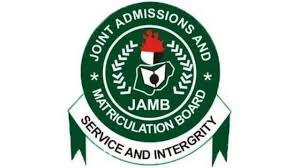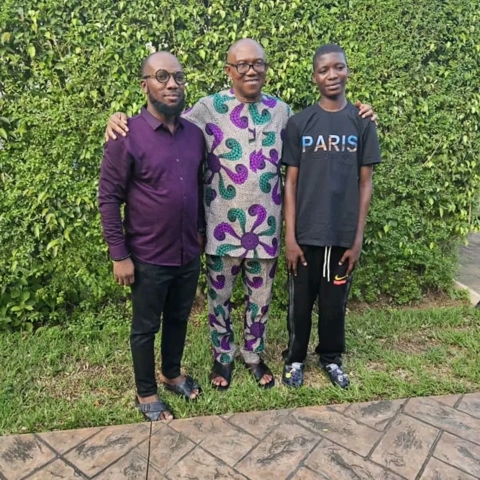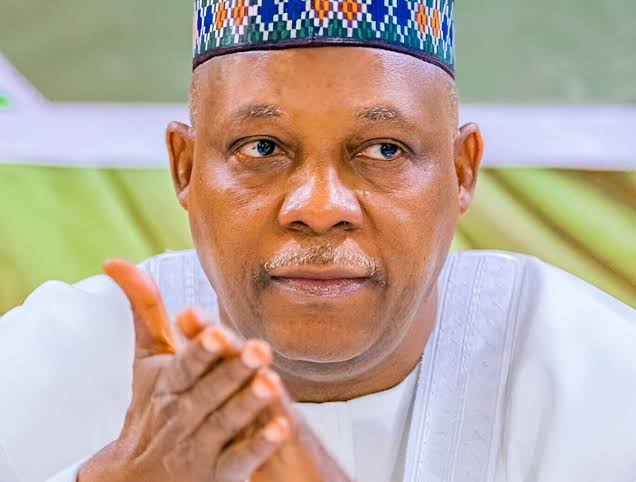
By Ameenat Hamzat, Lagos, Nigeria
The Federal Government has reaffirmed its commitment to collaborate with the United Nations to create lasting solutions that will bring millions of Nigerians out of poverty.
In brief with newsmen in Abuja on Friday, Minister of Humanitarian Affairs and Poverty Reduction, Prof. Nantawe Yilwatda disclosed shortly after he met with Amina Mohammed, Deputy UN Secretary-General.
Prof.Yilwatda stated that the United Nations has been a long-standing ally in implementing key social intervention programs.
He emphasised that the collaboration will drive the Federal Government’s Renewed Hope Agenda, targeting youth unemployment, poverty alleviation, and aid for victims of conflicts and climate change.
He said: “We have an opportunity to partner with the UN to support people affected by insurgency, climate change, and economic reforms,” Yilwatda explained.
“This partnership will provide durable solutions, help reduce youth unemployment, and ensure our communities are safe,” He added.
He further announced plans to release the 2025 Humanitarian Response Plan, guiding poverty reduction efforts.
The response plan will include need assessments and serve as a tool for mobilising international funds.
He stated: “We are going to unveil our Humanitarian Response Plan in weeks to come, which will be the need assessment of all the humanitarian problems and challenges across the country.
“Together with the UN, we will work globally to raise funds for the country using that Humanitarian Response Plan. Also, within the first quarter of the year, the Durable Solution Plan and programme we are doing will come into effect.
“I am sure Mr President, who is willing to ensure poverty reduction, has provided a lot of funding for the safety net, especially, if you check the proposed 2025 Budget, you’ll discover that there is a lot of funding provided for safety nets.
“These are also verifiable plans by the government to ensure that they participate along with the UN in reducing poverty and providing a safety net for the poorest of the poor.”
In response, Amina Mohammed assured Nigeria of the United Nation’s readiness to partner in addressing multidimensional poverty.
She emphasised the need for increased investment in social intervention programs to build resilience and address growing humanitarian needs.
“People are on the move today. It’s a different crisis, climate, conflict, and internal displacement through various hardships. This makes this ministry a focal place for providing prevention and dealing with the solutions to humanitarian crises.
“The indices of poverty in the country are high.
So, when host communities come in, you have to accommodate them so that you don’t have the burden of those coming in and creating social tensions,” she said.
categories
recent posts

NIGERIA: UTME Begins April 24 As JAMB Adjusts Schedule

NIGERIAN: Police Extradits Murder Of First-Class Student

NIGERIA: Peter Obi Meets Imprisoned Teen Supporter, Quadri, Vows To Sponsor His Education


